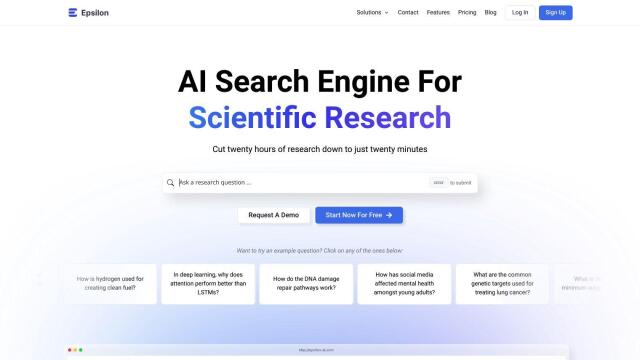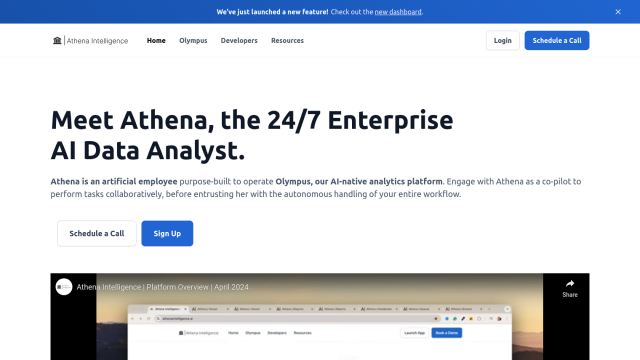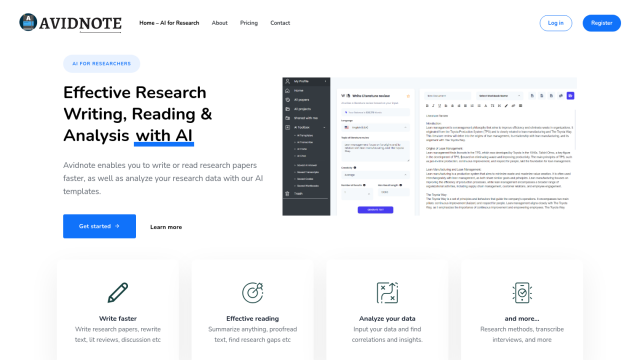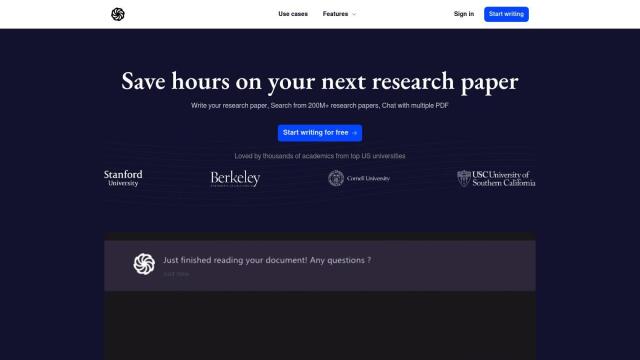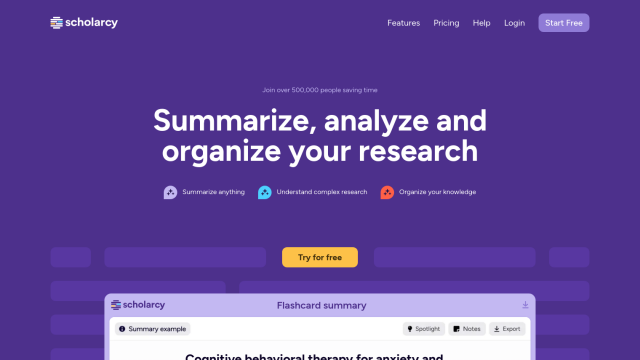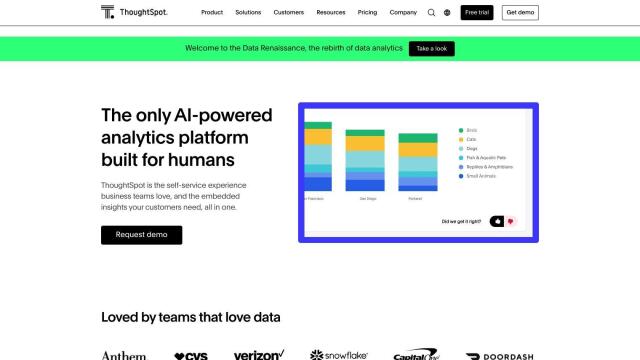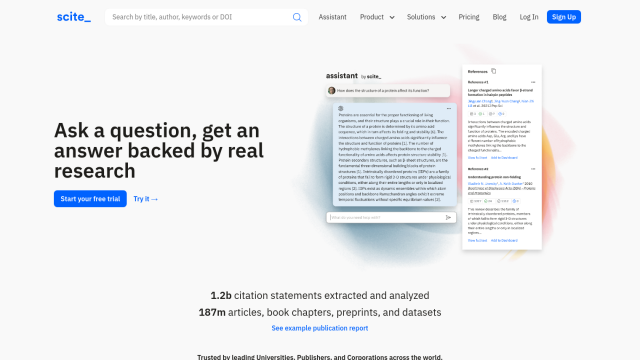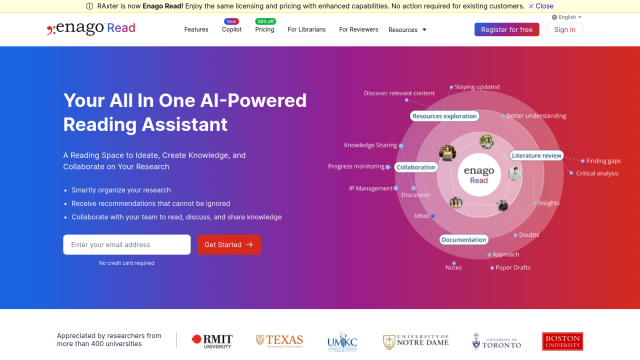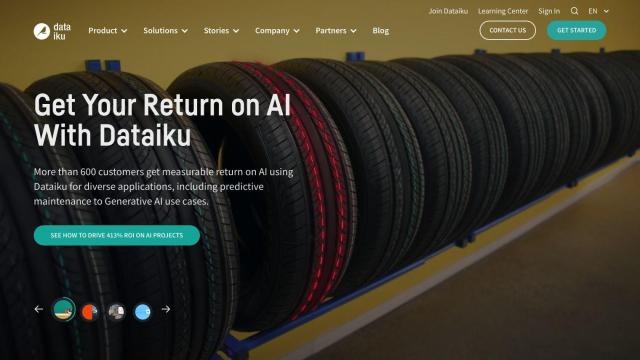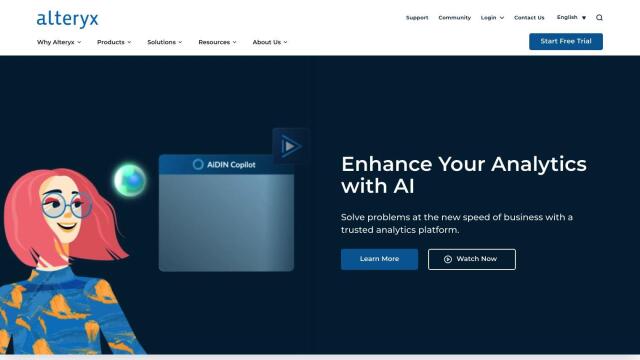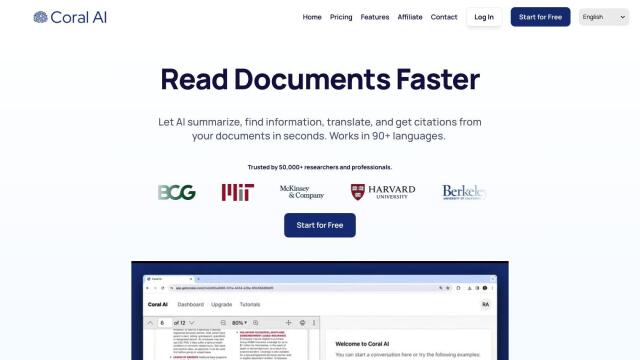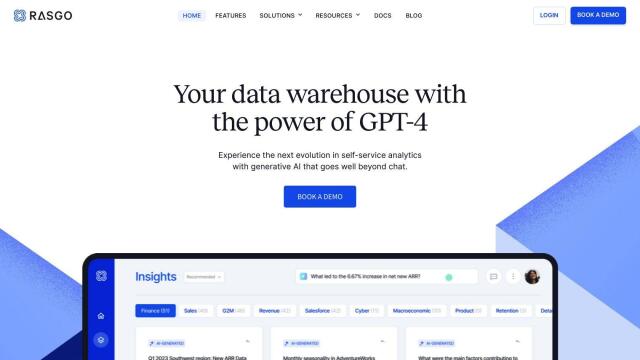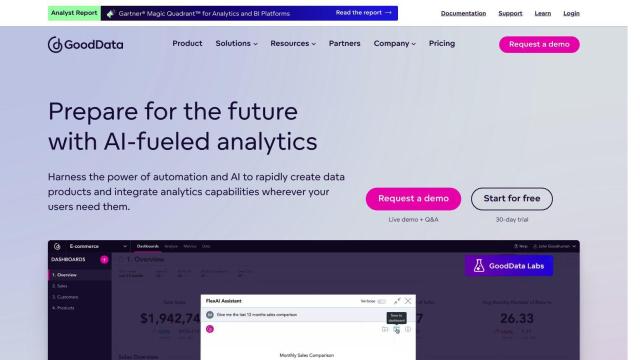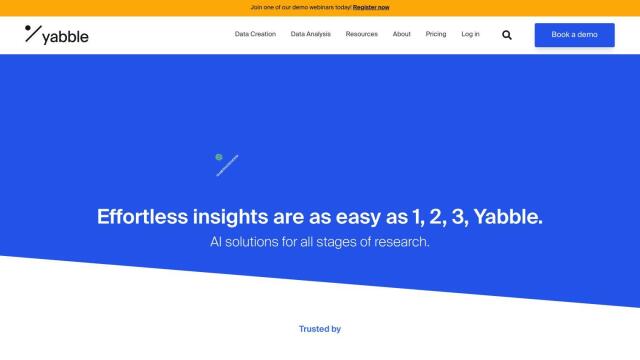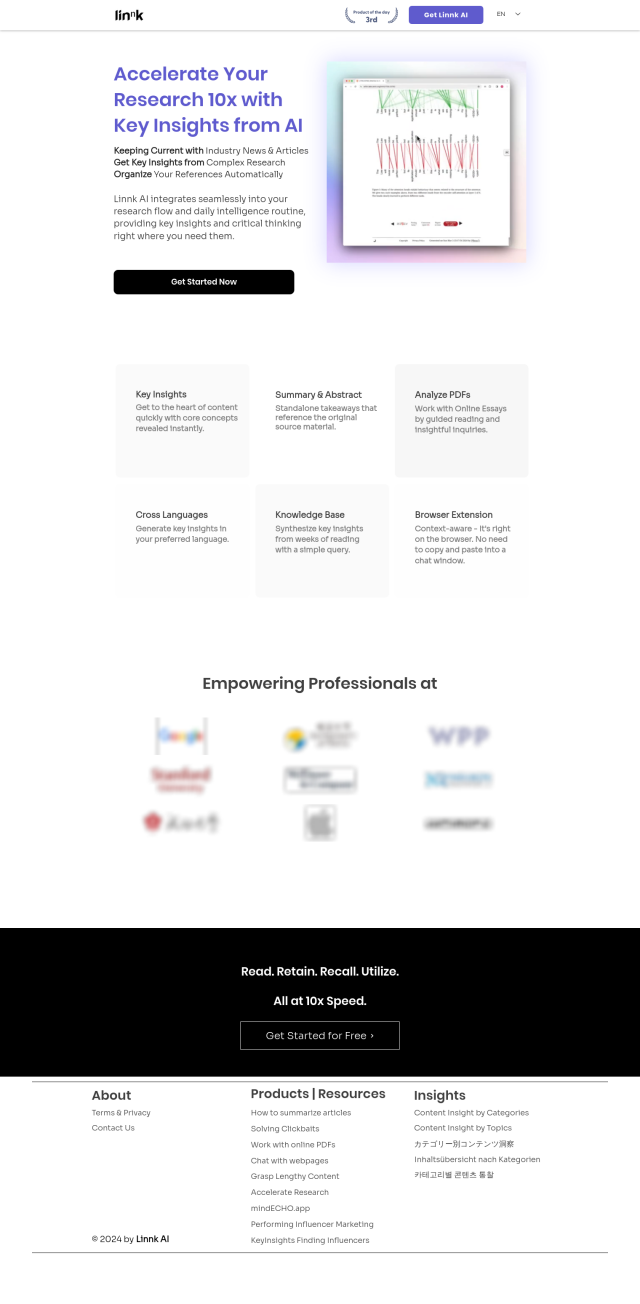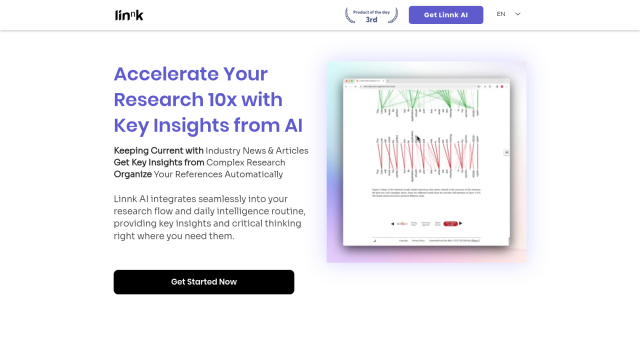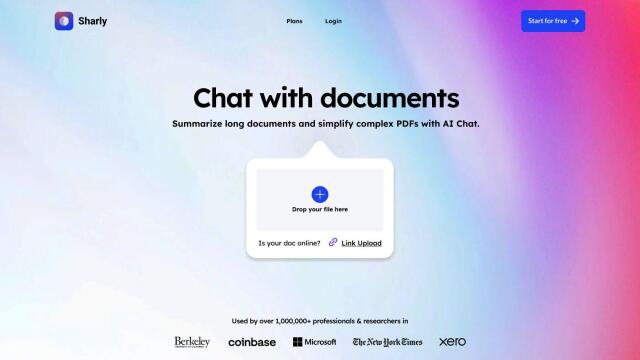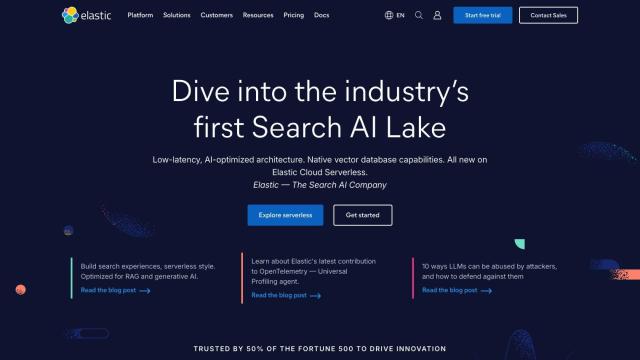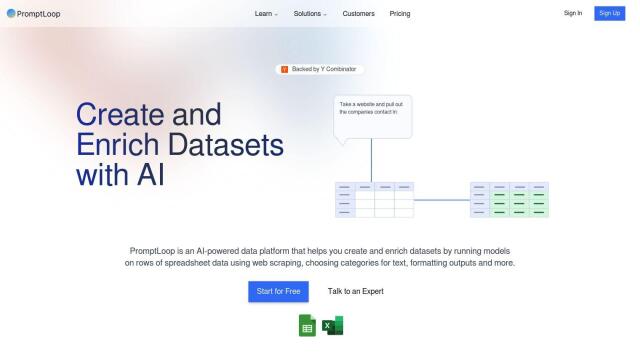Question: Can you suggest a tool that uses AI to streamline data analysis and provide a comprehensive view of research findings?


Elicit
If you want to use AI to analyze data and get a better look at what research is showing, Elicit is a great option. This AI research assistant lets you search, summarize and extract data from more than 125 million academic papers. It covers empirical subjects like biomedicine and machine learning, and it can automate systematic reviews, find new papers and follow the literature. You can even have a dialogue with the content of papers, so it's a good tool for researchers.
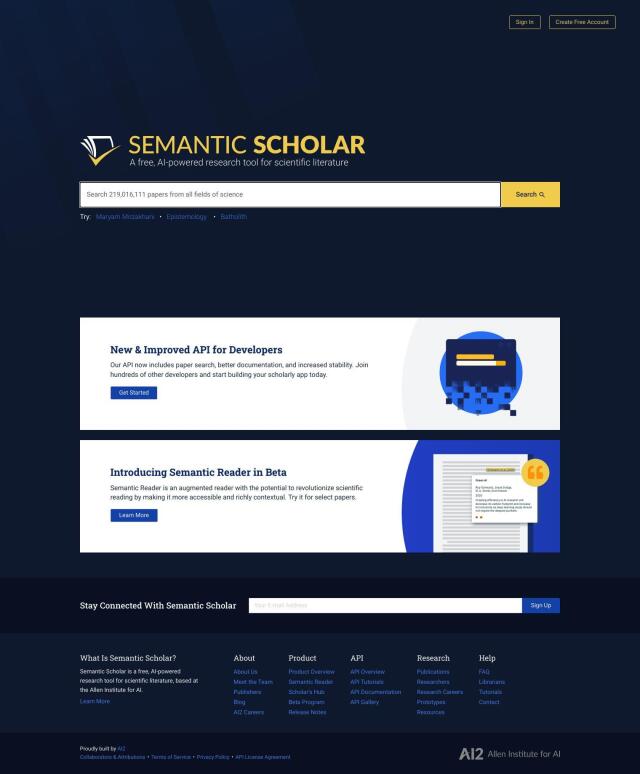
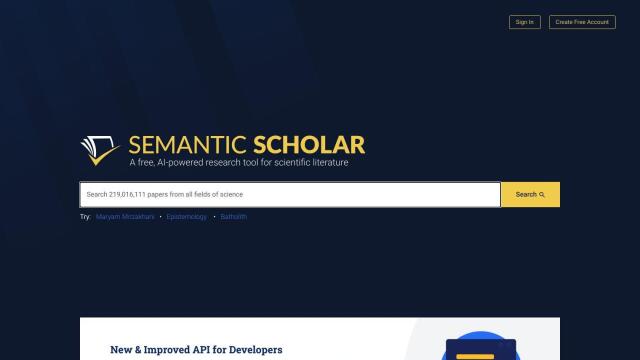
Semantic Scholar
Another strong contender is Semantic Scholar. This free AI-powered research service lets you search for and read related scientific papers in a database of more than 219 million papers. It has powerful search filters, brief summaries (TLDRs) and tools to cite papers, organize papers into folders and create AI-powered research feeds. It also can recommend papers, send automated email alerts and offer a dedicated dashboard to track research activity, so it's a good all-purpose tool for scholars.

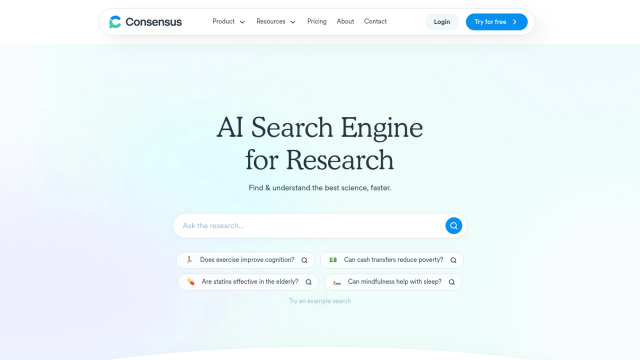
Consensus
Consensus is another AI-powered academic search engine that quickly finds and understands the most relevant science and research papers. It indexes more than 200 million papers in all subjects and offers tools like Copilot and Consensus Meter that offer AI insights. Consensus is good for students, researchers and professionals who need to speed up literature reviews and validate research, and it offers several pricing levels depending on your needs.

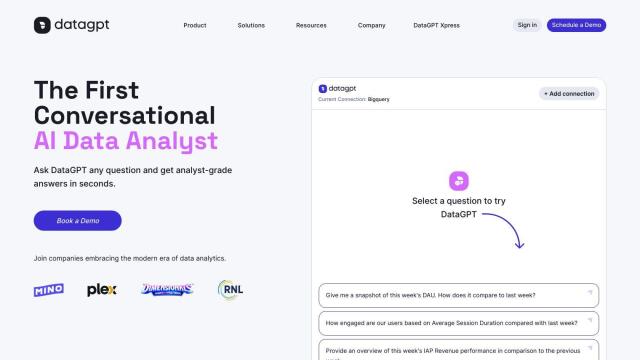
DataGPT
If you want a conversational AI data analyst, DataGPT could be a good option. It lets you ask questions and get analyst-quality answers in seconds, and it can be integrated with a variety of data sources like Bigquery. DataGPT offers features like automated insights, context awareness and a data navigator for exploration, so you can make quick data-driven decisions. It's designed to cut down on time and costs so data analysis is fast and affordable.

